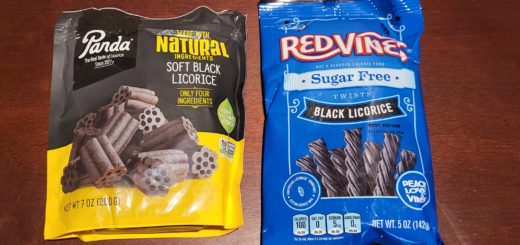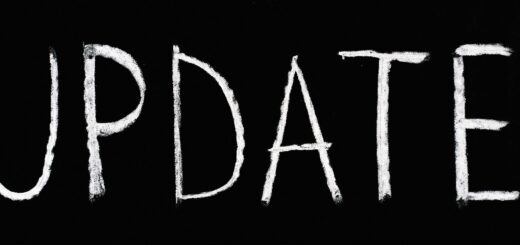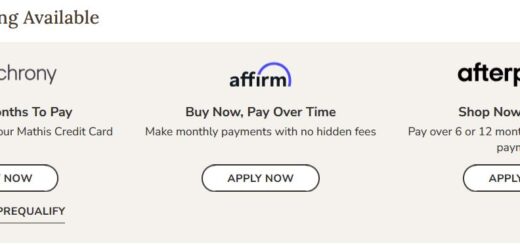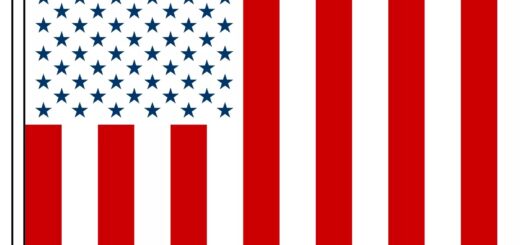Headlines Mislead, Except for This One
Hypothetically, if you saw a headline reading Bowlers need to stop exaggerating the health benefits of their sport, would your reaction be:
- to wonder which benefits bowlers exaggerate, and eagerly read the article for details
- to skip the article, but mentally note that bowlers make false health claims
- to skim the article and shrug it off as click bait
I guess most people would go with 2 or 3, unless they considered themselves a healthy bowler.
That was hypothetical, but I just came across this real headline: Vegans need to stop exaggerating the health benefits of a plant-based diet. Since I am “tuned in” to news about health claims for plant-based diets, I read the article critically. Ultimately, and to my surprise, I find myself largely in agreement with it. Headlines are often composed by an editor, not the original author. Headlines mislead.
After first bringing up a number of highly restrictive, extreme and fad diets, unrelated to the headline, it admits,
There are plenty of health benefits to a plant-based diet, and unlike the above examples, it’s not even necessarily a particularly restrictive diet—even nonvegans and nonvegetarians who eat primarily plant-based can reap the benefits.
The article proceeds to speculate on the motivations for “misinformation, exaggeration, and cherry-picking.” The author, Brian Kateman, gives some examples:
- A vegan diet can change your eye color. This is news to me that I would treat skeptically, and not a health claim at all.
- A single meal high in animal fat can “cripple” a person’s arteries. Kateman finds the evidence for this claim weak. But to what purpose? If avoiding animal fat is healthier than eating it regularly, that is hardly “misinformation.”
Kateman continues
You’ll hear people saying that nothing less than a 100% plant-based diet can be considered optimally healthy, when the reality is, we just don’t have the data to back that up.
but gives no reference for his claim about people making an unsupported claim.
The next example is “One Avocado a Week Cuts Risk of Heart Disease by 20%,” a pop-science article in business news outlet. He points out that this claim confuses correlation with causation, and he is 100% correct about that. He is also correct about “science” that depends on, essentially, surveys to collect data. I agree they should be considered suspect.
I totally disagree with Kateman about definitive conclusions being impossible because we can’t do fully controlled, randomized, double-blinded studies on plant-based eating. “Real human lives are just too complicated to regiment the way a true lab study requires.” That doesn’t mean that we can’t learn that some styles of eating are healthier than others. By that logic, knowing one old, fit smoker would invalidate all we know about the health effects of cigarettes.
The article continues with some points I agree with about our quick fix obsessed culture and poor nutrition training for doctors. And it concludes with a very plant-positive attitude. However, I think most people will take option 2 or 3, and never see that message. Also, for what it’s worth, Kateman’s target is overzealous vegans. He never mentions eating whole food, plant-based.
Here is what I found about the author. This information is nowhere attached to the article in FastCompany:
Brian Kateman is the co-founder and president of the Reducetarian Foundation, a non-profit organization dedicated to reducing consumption of meat, eggs, and dairy to create a healthy, sustainable, and compassionate world.
So, is Kateman’s article’s headline misleading?
It comes down to this. The headline seems to be making an assertion about all or most vegans, while the actual article says there are some vegans who fulfill the predicate. It’s misleading if many people are misled into thinking the article is about all or most vegans. I won’t speculate on Kateman’s motivation for cherry-picking his examples.







